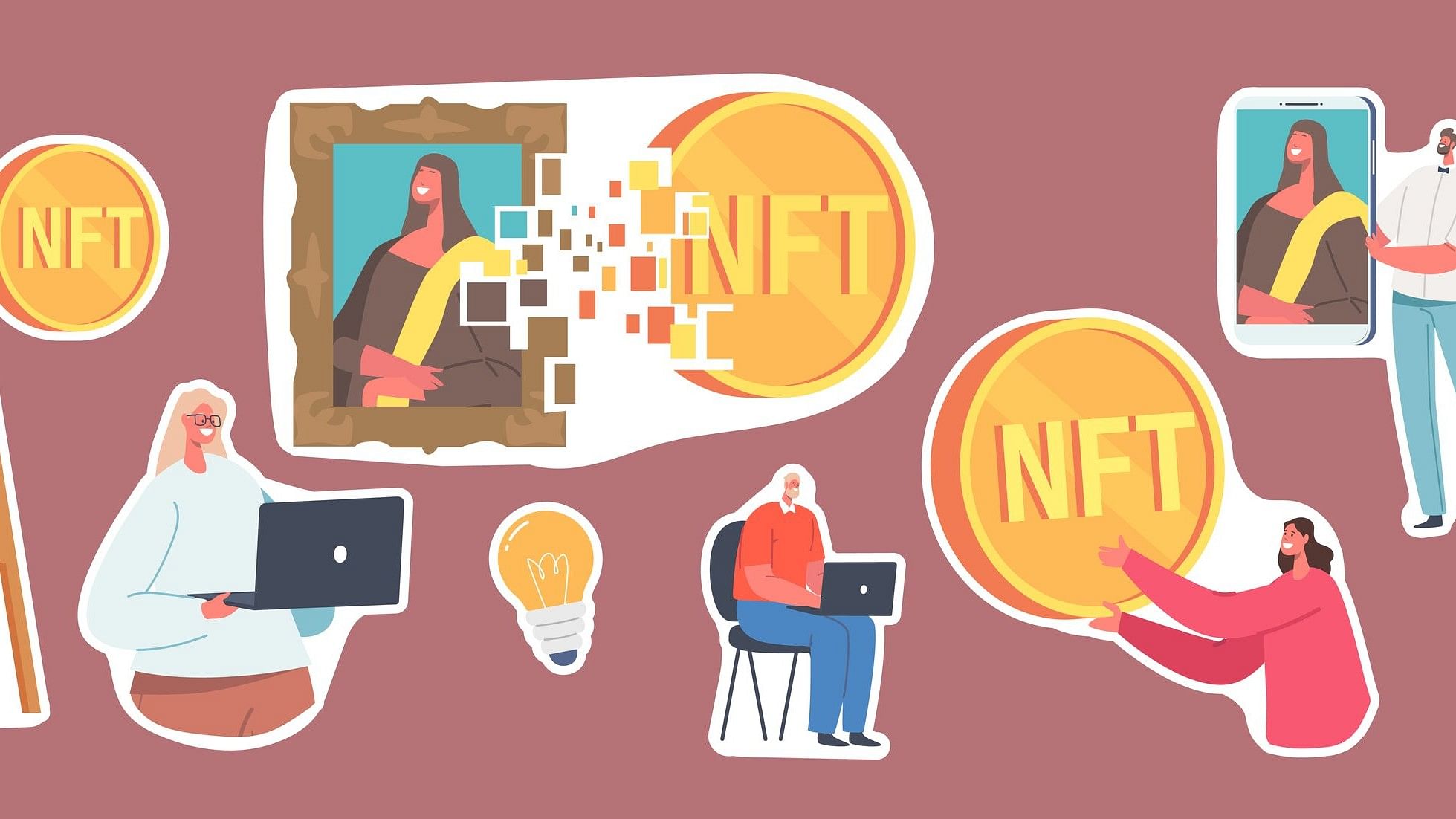
Bengalureans who have traded their works in the NFT space share tips.
Credit: iStock Photo
Artists say scammers are rife online and NFT (Non-fungible token) creators should be wary of people approaching them with lucrative deals. Always run a background check, they advise.
NFT is a unique cryptographic asset used to authenticate ownership of digital assets like art, music, and domain names.
As per a recent report, a 71-year-old digital artist in Bengaluru lost Rs 1.58 lakh over a non-existent NFT sale. A scammer approached the CA-cum-artist to buy his paintings, and persuaded him to list four of his works on a purported NFT marketplace (see box).
Bengalureans who have traded their works in the NFT space share tips.
Photographer Arun Hegde says that the current NFT market in Bengaluru is not as vibrant as it used to be during the pandemic, so beware of “offers that sound too good to be true”.
He says if somebody contacts you directly via social media, it’s a red flag. Most often, the deal happens on marketplaces where NFT artworks and artist details are listed. Or, buyers discover artists via forums like Twitter Spaces (now X Spaces), Discord channels, NFT.NYC, and OpenSea.
“And if ‘buyers’ quote a price higher than what you have listed on marketplaces, then either they haven’t done their homework or it’s a scam. When a buyer approaches you, talk to them over multiple days. You will gather if they are genuinely interested in art and if they have supported other artists,” he says.
Browsing through their social media history can also tell a lot about them, says photographer Swati Shah. And since the trading happens on the blockchain where all transactions can be tracked, Radhika Lal recommends looking up their financial history. She was on the organising team of Namastey NFT in Bengaluru, where over 300 artists had converged in 2022.
NFT artist Jaalibandar emphasises due diligence. “If a person claims to be the founder of an NFT platform, start by enquiring about them in the NFT community. Also, research about the platform’s stability and past usage to assess the risk factors.”
It’s also wise for artists to segregate their crypto holdings into multiple wallets to reduce the risks associated with crypto scams, he adds.
In his observation, newbies who have little to no knowledge about how the NFT world operates fall for scams. “Beware of scamming formats like ‘If you send me crypto, then I can give 2x returns’ (sic),” he says.
What happened
Last October, a person claiming to be an NFT art dealer introduced the artist to nfttradeplace.com. Forty-two Ethereum (approx Rs 1.1 crore) was decided as the selling price over Facebook and email. In February, the artist paid about Rs 21,653 as ‘gas fee’ or transaction fee. After the sale, the artist could not withdraw his funds. Instead, multiple payments were extracted from him under the pretext of a delay fee, which was never discussed or exhibited on the said website.